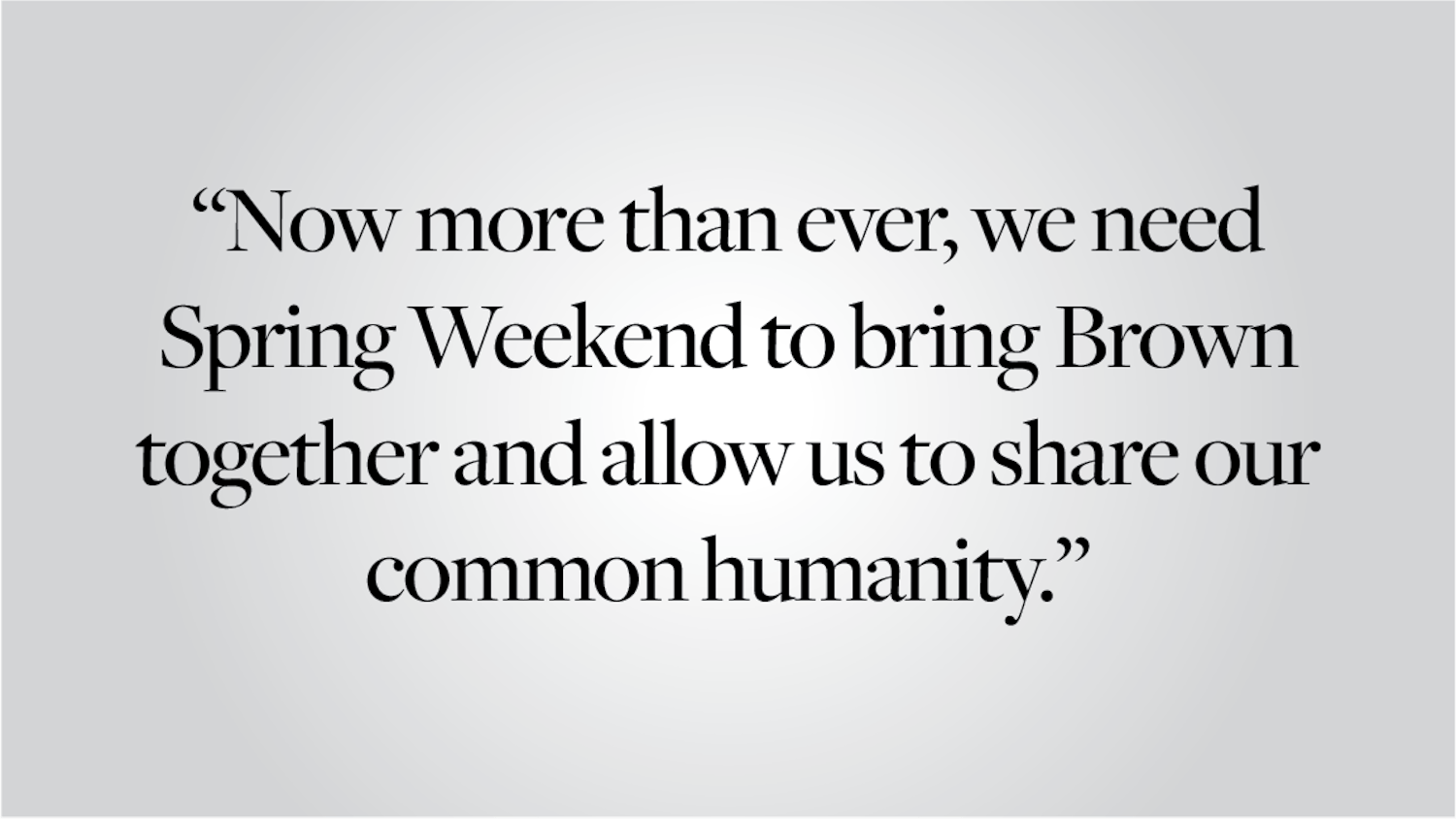Even during a presidential election cycle that has been more devoid of policy discussion than any in recent memory, it’s not a surprise that both candidates have made their fair share of lofty promises, the bulk of which I’m sure they cannot keep. Every election season, Democrats and Republicans assure us that the reason why some can’t afford college or healthcare and why many don’t have a job or live paycheck to paycheck is that the no-good, very bad other party has put policies in place that hold Americans back.
Having lived through a few election seasons during my life, it’s the same story every time. And frankly, it’s getting really old. We're always one election away from either losing America forever, or total salvation. One politician away from eternal darkness, or perpetual virtue. According to many of our country’s most prominent political figures, you must vote for their party like your life depends on it. The only problem, of course, is that this is largely false. Government is a slow-moving, bureaucratic, blunt-force instrument that was never meant to, and is rarely good at, solving the day-to-day problems of normal people. I believe that for most Americans, personal decision making is a much greater factor in success than public policy.
Along with discussing the ineffectiveness of the federal government, we need to ask what the role of Washington D.C. should be in everyday life. While this is a hotly debated question in contemporary politics, the American tradition points to a government of a radically different scope than the one we have today. The founding fathers saw government as a tool to protect fundamental rights like life and liberty. The state, deriving its authority from the consent of the governed, was only intended to operate under a limited set of powers enumerated in the constitution. These powers were specifically tailored to allow the government to perform its core responsibilities — maintaining national security, settling legal disputes, enforcing the law — and nothing more.
To be sure, a government with such narrow power might not be appropriate for the 21st century. That is, I don’t think many people would advocate that Washington should let its citizens starve on the street if they can’t afford food in the wealthiest nation on Earth. But at the same time, we should look to the philosophy of the world’s longest standing national constitution as a valuable influence on our political thought today.
Of course, I don't think that a strict adherence to Federalist ideology is required to be skeptical of the state's role. All one has to do is look to history for myriad examples of government ineffectiveness and wastefulness. Since President Lyndon Johnson’s administration, American federal government has spent an estimated $12 trillion on poverty reduction programs. Yet, according to Michael Tanner of the libertarian think tank Cato Institute, there has been no noticeable reduction in the official poverty rate over that period. Granted, some alternative measures of poverty have declined, but it’s unclear how much of that decline can be attributed to the war on poverty programs, specifically. This fact, among others, is more reason to believe that government welfare programs have often failed to address the root causes of poverty. And government failure is by no means limited to liberal presidents, either. Consider President Richard Nixon’s war on drugs. Again, the federal government will spend an estimated $35 billion on drug control in 2020, yet statistics show that overdose deaths have been increasing over the last two decades.
To reiterate, none of this is to say that instances when government policy has made a real and impactful change in people’s lives don’t exist. But it is to say that the federal government as an institution is not well suited to handle issues relating to the everyday needs of individual citizens. It is in the nature of federal legislation to produce one size fits all solutions. National policy is rarely tailored well on a case-by-case basis. Local welfare-oriented institutions like charities and churches have a better idea of the unique needs of their communities, and are thus able to more effectively allocate resources to those individuals who need help the most. Even local governments serve as a better option than Washington to maintain welfare in their area. Therefore, why would anyone want to entrust their community’s well being to a handful of elite octogenarian politicians in cushy D.C. residences?
I freely admit that it’s still possible, even being aware of all the state’s shortcomings and inefficiencies, to believe that the government is an imperfect but necessary tool for addressing certain problems in our society. But even if an individual believes that public policy is a reason that they struggle to get ahead, and that different laws would change that, it still is insufficient to see change through Congress as the only, or even the most fruitful, option.
It should be clear that Americans have more direct control over their life choices than law, but why exactly is personal decision making a seriously important factor in determining individual life outcomes? There is some evidence to support the power of individual action. For example, in the book Creating an Opportunity Society, research by Ron Haskins and Isabel Sawhill from the Brookings Institute found that of low-income teens who finished high school, held a full-time job and did not have children before the age of 21, just two percent remained in poverty, and a full 75 percent joined the middle class or better. This is just one of multiple routes toward preventing financial hardship in the United States. It might seem like the obvious result of this fact is that Washington should focus her efforts in these three areas. But there is little reason to believe that government will be more effective here than it has been in other areas.
Granted, there are certainly some people who through no fault of their own cannot avoid these outcomes. These teens may have been impacted differently by other factors beyond their control, such as challenging family situations, but some element of individual choice must have been present in their resolve to persist through high school and find a job. But statistics describing employment opportunities and the nation's high graduation rate suggest that the vast majority of people can meet these standards under a healthy national economic climate. And for the minority who can't, local organizations can in many cases still provide more individualized support than the federal government.
It is consequently a terrible mistake to tell people struggling through difficult times that they are stuck where they are until they elect new representatives. Not only is it untrue that government fiat is a fix-all solution to hardship, but it is a damaging and condescending myth to continually insist to Americans that their lives critically depend on who wins in November. Politicians need to get real. They aren’t going to solve your problems in their next term, and they likely never will.
Donnie Sahyouni ’21 can be reached at donnie_sahyouni@brown.edu. Please send responses to this opinion to letters@browndailyherald.com and op-eds to opinions@browndailyherald.com.

ADVERTISEMENT




